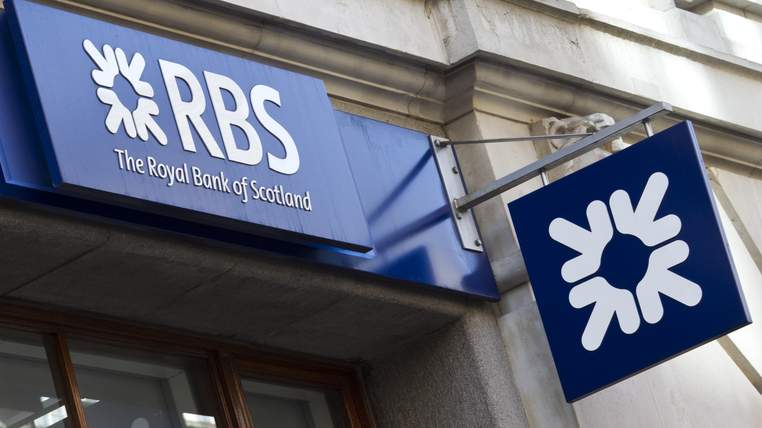The agency which represents taxpayers’ stakes in Britain’s bailed-out lenders is in talks with Royal Bank of Scotland (RBS) about a £2bn capital-raising which could eventually dilute the Government’s shareholding.
Sky News has learnt that UK Financial Investments (UKFI) is discussing with RBS the terms of an additional Tier 1 (AT1) capital buffer which the bank said it would seek from investors last month.
RBS said when it passed a stress test run by the Bank of England in December that the £2bn AT1 issuance would take place during the course of this year, and would see the instrument convert to shares in RBS if its capital buffer fell to 7%.
However, sources said on Friday that the £2bn capital-raising was being complicated by a clause in RBS’s taxpayer bail-out which prevents taxpayers’ shareholding being diluted through the launch of such convertible securities.
The issue relates to B-shares held in RBS by UKFI, which were created at the time of its bail-out by taxpayers in 2009.
The bank remains roughly-80% owned by the Government, with apparently little possibility of a substantial share sale at a profit for several more years.
RBS has 51 billion B-shares in issue, which do not carry voting rights but can be converted at a rate of ten-for-one into ordinary shares.
In a prospectus issued in 2009 outlining the structure of these B-shares, RBS said they would include rights which would prevent taxpayers’ stake being artificially reduced.
The potential obstacle to the new capital-raising, which was an important element of the PRA’s decision to approve RBS’s current capital plan, was highlighted last month in a previously unreported research note by Autonomous, a leading analyst of financial institutions.
“As part of the capital plans it had to present as a result of the poor stress test result, RBS signalled that it will issue £2bn AT1s next year,” Autonomous said.
“We have previously argued that there are legal obstacles to AT1 issuance by RBS, which we continue to see as a problem.
“However, if the PRA is prepared to accept AT1 issuance as part of RBS’s remedial plan, we assume regulators must have sufficient clarity that a legal solution to RBS’s AT1 problem can be found.”
One source said that RBS, UKFI and the PRA were confident that the issue could be resolved, and pointed out that at the time the B-shares were devised, convertible securities such as AT1s were not conceived as a potentially important part of a bank’s capital structure.
Insiders insisted that the taxpayer’s interests would be fully protected in any AT1 capital-raising and that they would in any event not face being diluted at the point of issuance.
RBS and UKFI declined to comment.

